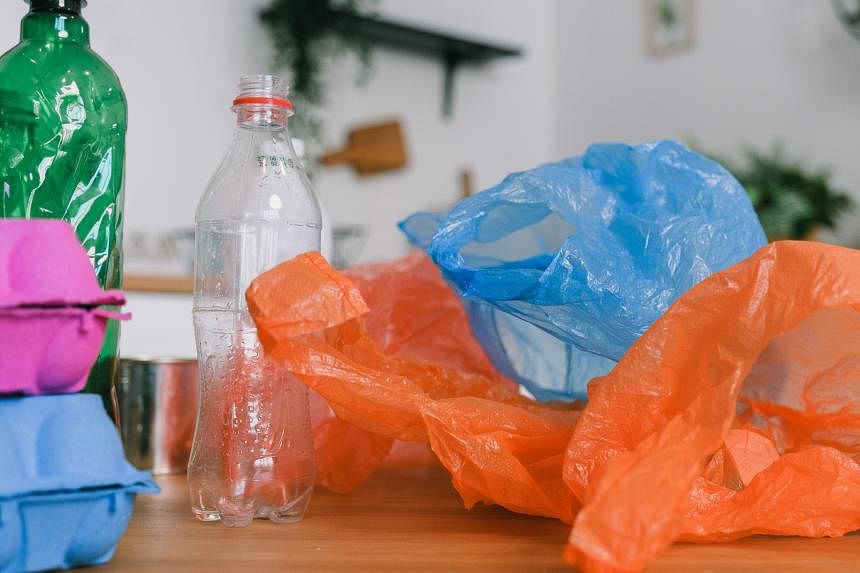I REFER to the report “Eliminating single-use plastics by 2030 seen as an uphill battle” (The Star, March 6; online at https://bit.ly/3f5ppoo - see links below).
I am concerned about this repeated call for banning plastics because, whether we like it or not, humans now and in the future cannot live without it. Single-use plastic materials are important in many human industries, including food, medicines, clothing, and cosmetics. The root cause of plastic pollution is not the single-use plastics but human behaviour. Humans are throwing away plastic waste indiscriminately due to lack of education and conscience. They do not see that what they are throwing away will flow through the drains and rivers into the sea, where they can be consumed by marine life and then enter the human body as microplastics. The plastic soups floating on the surface of oceans these days were generated by humans. They are destroying the marine ecosystem and will impact on humanity in the not too distant future. The correct way to manage plastics use is to establish a holistic control mechanism in a circular economy. Countries that have successfully managed the use of plastics did it by educating their young from kindergarten to primary school to use these products responsibly. Their children grew up with a strong sense of responsibility and conscience to save planet Earth. Children must be educated with a well-designed curriculum to understand what plastics can do to destroy their environment and life. At present, our anti-litter law is quite broad, hence legislation that specifically covers use of plastics is needed. This new law should include provisions requiring shopkeepers to place signs to notify all customers of the consequence of disposing plastics irresponsibly and also provide instructions on proper disposal of plastics. Enacting a new law on extended producer responsibility (EPR), as proposed by the World Wildlife Fund for Nature (WWF), should also be seriously considered. Among the provisions of this law should be the collection of a levy from plastics producers and retailers. This levy could be parked under an environmental agency such as the Department of Environment, which should be adequately staffed with well-trained environmental ambassadors and enforcers who are deployed nationwide. The department could use the levy to fund its operations, including installation of CCTVS at strategic locations such as back lanes of shops, known dump sites in industrial areas and construction sites. The levy can also be used to finance or subsidise local councils to change from manual to robotic systems of waste management. Compared to manual systems, robotic systems can be mobilised 24/7. The levy can also be used to subsidise the setting-up of plastics recycling facilities to separate the plastic waste according to their generic types (e.g. polyethylene, polystyrene, polycarbonate, polypropylene, and polyacrylates) and perform mechanical and/or chemical treatments to recover the plastics. Many existing plastics recycling facilities are conducting waste treatment using conventional methods that may be environmentally hazardous or generate more untreatable waste. The levy can be used to assist such industries to upgrade to newer technologies such as robotic systems and mechanical recycling systems that are more environmentally-friendly. It is important that a circular economy is enabled to benefit all parties– from plastics manufacturers to consumers, and recycling operators to the government. More new jobs could also be created.My views may not be acceptable to the many who want to ban plastics, but I hope those who want a good quality of life without damaging the environment may benefit from them.
By IR MAX ONG Selangor
(The writer is a Society for the Environment UK chartered environmentalist, and Institute of Materials, Minerals & Mining, UK chartered materials engineer.)
Eliminating single-use plastics by 2030 seen as an uphill ba
Eliminating single-use plastics by 2030 ... - The Straits Times

Eliminating single-use plastics by 2030 seen as ... - Head Topics
How To Handle Team Members with Bad Attitudes - 6 Tried & Tested Steps
Related posts:
Change your negative thoughts and behaviours with CBT
CBT can help individuals recognise and challenge negative thought patterns that are causing them distress. —
Pixabay Cognitive behavioral...




